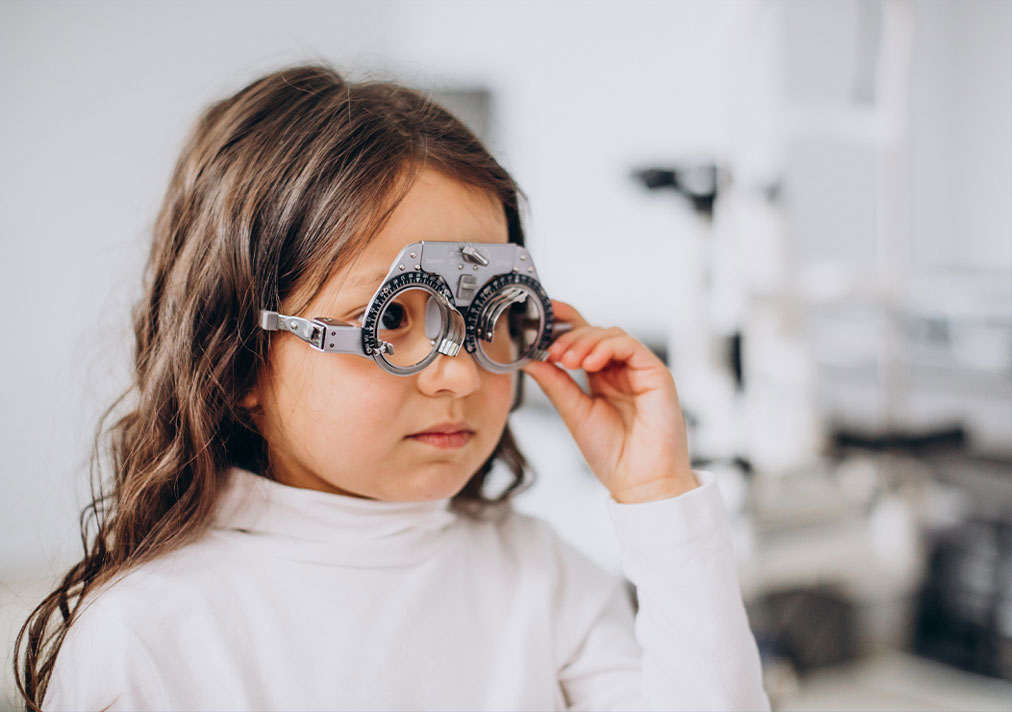Aging is a natural journey that brings wisdom, experience, and, yes, changes in our bodies, including our eyes. As we gracefully navigate the later stages of life, caring for our eyes becomes increasingly crucial. In this guide, we will explore common age-related eye issues, provide advice on maintaining eye health, and emphasize the importance of regular eye exams and lifestyle adjustments.
Understanding Age-Related Eye Issues:
As we age, our eyes undergo changes that may impact vision. Common issues include presbyopia, cataracts, glaucoma, and macular degeneration. Familiarize yourself with these conditions to recognize potential symptoms and seek timely intervention.
Importance of Regular Eye Exams:
Regular eye check-ups are your window to proactive eye health. Schedule comprehensive eye exams at least every two years, or more frequently as recommended by your eye care professional. These exams can detect issues early on, allowing for timely management and preserving your vision.
Addressing Presbyopia with Corrective Lenses:
Presbyopia, the age-related decline in near vision, often becomes noticeable in the 40s. Embrace the use of reading glasses, progressive lenses, or bifocals to address this common condition and ensure clarity in close-up tasks.
Cataracts: Clearing the Path to Vision Clarity:
Cataracts, a clouding of the eye’s natural lens, are common with age. Regular eye exams can detect early signs, and if necessary, cataract surgery can restore clear vision. Stay informed about your options and discuss them with your eye care professional.
Managing Glaucoma: A Silent Threat to Vision:
Glaucoma often progresses without noticeable symptoms until irreversible damage occurs. Regular eye exams, especially for those over 60, are crucial in detecting and managing this silent threat to vision. Follow the prescribed treatment plan to safeguard your sight.
Macular Degeneration: Nourishing the Central Vision:
Age-related macular degeneration (AMD) affects the central part of the retina, impacting detailed vision. A diet rich in antioxidants, vitamins, and minerals can support macular health. Consult your eye care professional for personalized advice.
Lifestyle Adjustments for Eye Health:
Adopting a healthy lifestyle can positively influence eye health. Maintain a balanced diet, stay hydrated, exercise regularly, and protect your eyes from harmful UV rays. These habits contribute not only to your overall well-being but also to the health of your eyes.
The Role of Technology in Eye Care:
Leverage technology for your eye health. Use devices with larger screens and adjustable fonts, adjust lighting for optimal visibility, and consider blue light filters to reduce digital eye strain. These adjustments can enhance your digital experience while protecting your vision.




